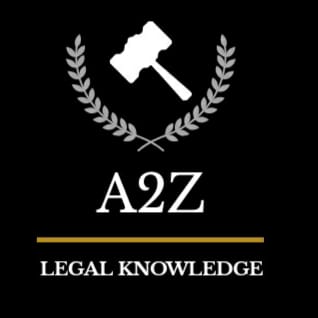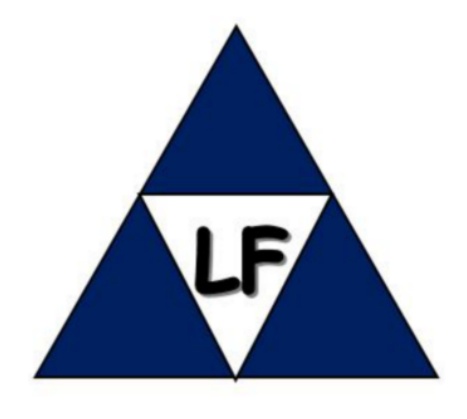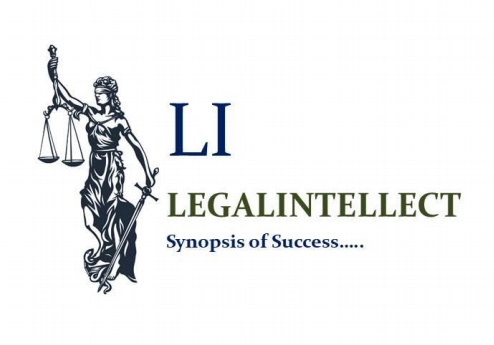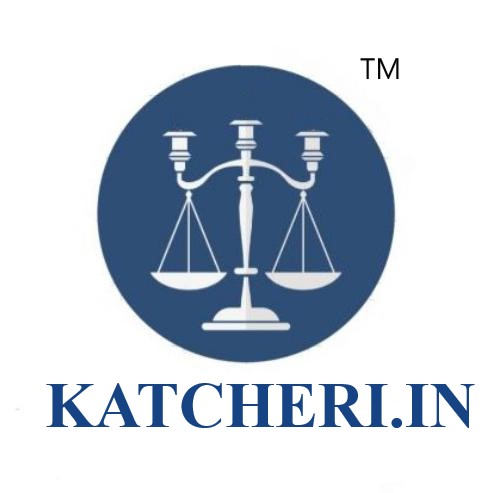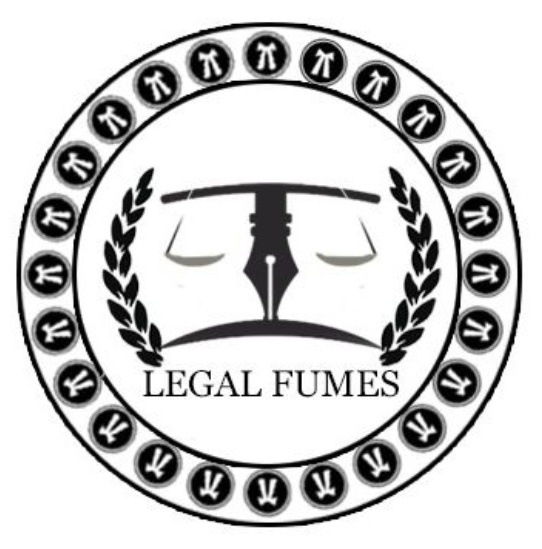Civil Appeal of 2009 (Supreme Court), decided by Three-Judge Bench on August 27, 2019
Relevant Legal Provisions
1. Arbitration and Conciliation Act, 1996 (ACA), S. 11
2. National Highways Act, 1956 (NHA), S. 3D & S. 3G(5)
Facts
A certain land in Darjeeling belonging to the respondent was acquired by the appellant under S. 3D of the NHA for constructing highways.
The respondents were not satisfied with the amount of compensation, and therefore, filed an application under the NHA for the appointment of an arbitrator to resolve their claims.
As per S. 3G (5) of the said Act, the Government was supposed to respond to this application within 30 days, but they failed to do so.
The tea-company then moved to the High Court of Calcutta, and filed a suit under ACA.
The Central Government appointed the arbitrator while the suit was pending in the High Court of Calcutta.
The High Court decided that the Central Government’s right to appoint the arbitrator was forfeited after the time-frame of 30 days and then it appointed a sole arbitrator under S. 11 of ACA.
The NHIA filed an appeal against this decision, challenging the maintainability of S. 11 of ACA.
Issue Presented
Whether S. 11 of ACA is maintainable over S. 3G (5) of NHA?
Observations by the Supreme Court
The Supreme Court, considering General Manager (Project), National Highways and Infrastructure Development Corporation Ltd. v. Prakash Chand Pradhan & Ors. (2018), held that the NHA is a special Act that envisages the power of appointing the arbitrator in the Central Government exclusively.
It also held that in case the Central Government does not respond within the time-frame, the remedy to file a writ petition under A. 226 of the Constitution of India is available to party. However, no remedy can be claimed u/S. 11 of ACA.
The Supreme Court also relied on the principle that where a special law exists, the general law shall not prevail.
It held that the case of Deep Trading Company v. Indian Oil Corporation & Ors. (2013), as mentioned in the arguments, is not relevant in this particular case, as the issue there was not regarding the appointment of an arbitrator.
The Court also deliberates upon the words “subject to” in S. 3G of NHA, which strengthens the decision in favour of the appellants.
The Court also considered the judgement of Gujarat Urja Vikash Nigam Ltd. v. Essar Power Ltd. (2008), where it had been held that S. 86(1)(f) of the Electricity Act, 2003 is a special law, and therefore, cannot be set aside by the S. 11 of ACA.
Decision
The Supreme Court allowed the appeals without costs. The decisions of the High Court were set aside by this ruling.
The Court directed that the arbitrator may be appointed.
By Tasneem Husain (BML Munjal University, Gurugram)

